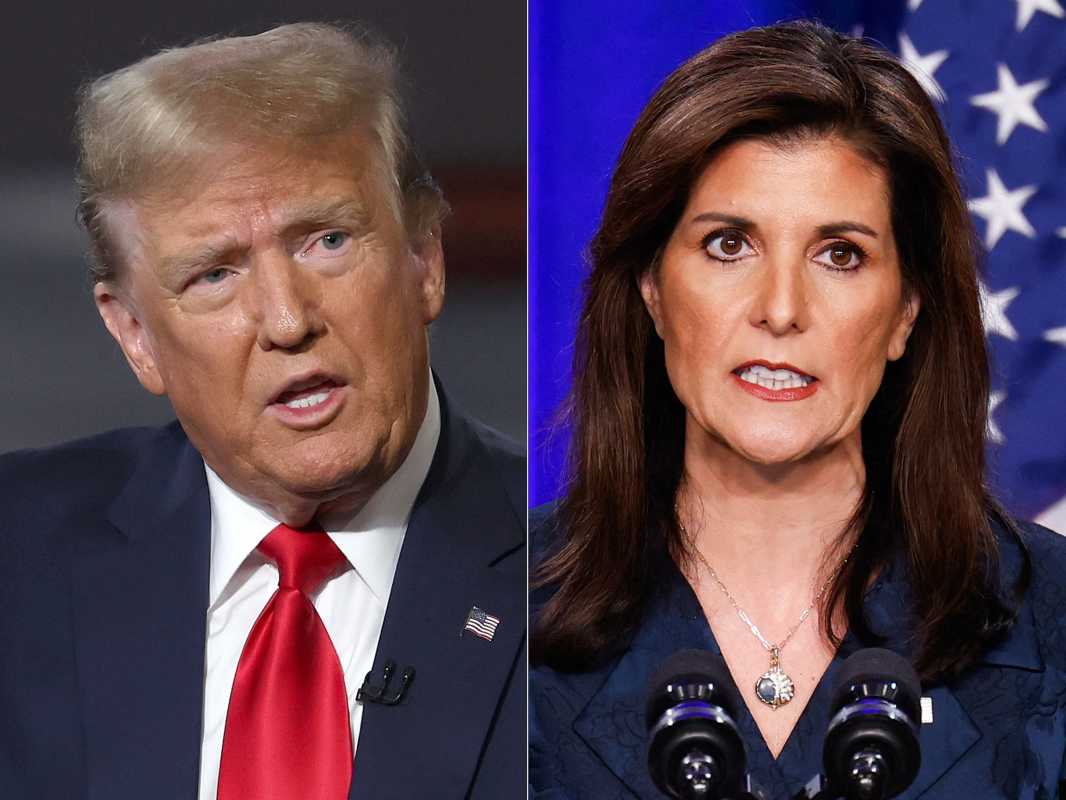Politics
Trump Holds Strong Lead in South Carolina Republican Primary Despite Haley’s Efforts

In the upcoming South Carolina Republican primary, former President Donald Trump has a significant advantage over his main contender, former Governor Nikki Haley, despite her extensive campaigning efforts in her home state.
South Carolina’s Republican primary, a pivotal event often seen as a bellwether due to its early position in the primary calendar, is set to take place on Saturday. As a key state in electoral politics, South Carolina holds significance in shaping the direction of the Republican Party.
The primary process in South Carolina is locally managed at the county level and officially validated by the State Election Commission of South Carolina. With over 2,000 polling precincts and 50 delegates at stake, the state plays a crucial role in selecting the Republican nominee for the presidency.
Despite the large number of delegates up for grabs, only 6% of the total delegates to the Republican National Convention will have been awarded after the South Carolina primary. Trump currently leads Haley in delegates 63-17, with a substantial gap between them.
Ahead of the primary, there have been limited reliable polls in South Carolina, but the available data suggests that Trump maintains a strong lead over Haley, with a nearly 30-point advantage in some polls.
South Carolina comprises distinct political regions, including the Lowcountry, Pee Dee, the Midlands, and the Upstate. In the 2016 primary, Trump emerged victorious by a considerable margin, winning most of the state’s counties.
While Haley is actively highlighting her gubernatorial tenure to appeal to voters, the demographic composition of South Carolina’s Republican primary electorate poses a challenge for her against Trump. Traditionally, South Carolina Republicans tend to be more conservative and religious, favoring candidates with similar leanings.
Unlike in New Hampshire, where independents played a significant role due to their high turnout, South Carolina has historically seen fewer independent voters in its primaries. Haley’s ability to attract Republican-leaning independents may not be sufficient to overcome Trump’s stronghold in the state.
Despite Haley’s determination to continue her presidential campaign beyond South Carolina, the state’s Republican primary is likely to reaffirm Trump’s dominance in the race and set the tone for the contests ahead.












